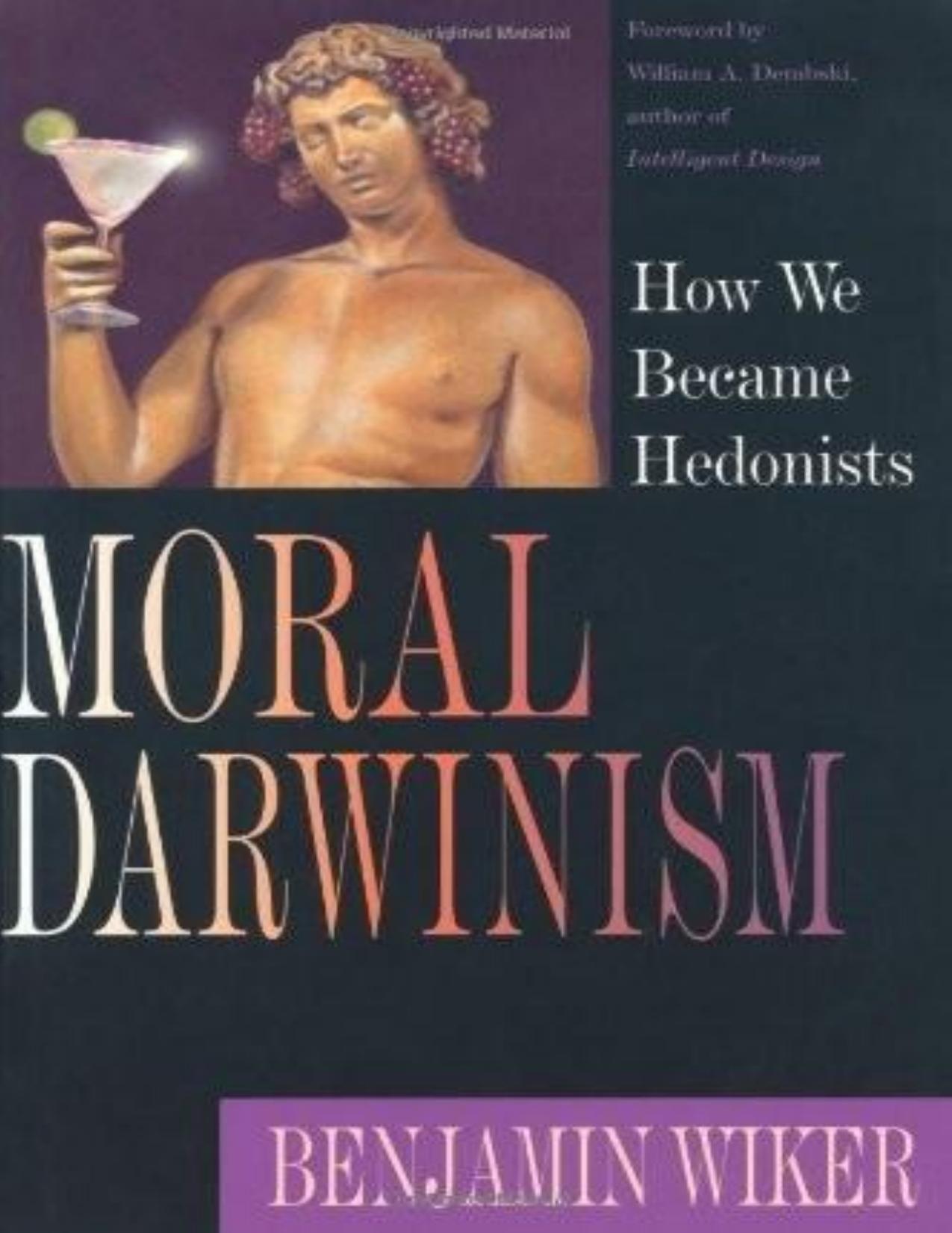Moral Darwinism: How We Became Hedonists by Benjamin Wiker & William A. Dembski

Author:Benjamin Wiker & William A. Dembski [Wiker, Benjamin & Dembski, William A.]
Language: eng
Format: epub, mobi, pdf
Tags: Religion, Apologetics, Psychology, Christian Theology, Philosophy
ISBN: 9780830826667
Google: lAupngEACAAJ
Amazon: 0830826661
Barnesnoble: 0830826661
Publisher: IVP Academic
Published: 2002-07-12T00:00:00+00:00
What about God? Scripture certainly seemed to be affirming unambigntously that God was pure Spirit. But Hobbes had to prove otherwise. 'lo accomplish this feat, Hobbes engaged in exegetical acrobatics, worthy of our note because they give its it taste of the relationship of IIobbes's goal to his method of interpretation. If we truly understood Scripture (and were not contaminated by the pagan ideas of in>,nmateriality), we would see that the "Spirit of God" never really referred in the Bible to God as a spirit. Sometimes, asserted Hobbes, it meant "wind" or "breath," as in Genesis 1:2, where "the Spirit of God moved upon the face of the waters," which actually referred to God's action through the work of wind upon the waters.' At other times the "Spirit of God" sinlply meant a fit of extraordinarY nmlerstanding, such as in Exodus (28:3; 31:3-6; 35:31). This was even true in the passage in Isaiah 11:2-3, "where the prophet speaking of the Messiah, saith, the 8pirit of the Lord shall abide upon hint, the spirit of uvsdonl and understandin!], the spirit of eolnlsel and fortitude, and the spirit of the fear of the Lord. Where manifestly is meant, not so many ghosts, but so many eminent graces that God would give him."' (Of course, Hobbes failed to mention that this last passage was taken by Christians to prefigure Christ's baptism, thereby leaving the reader to wonder whether the Holy Spirit was really a spirit.) Or, Hobbes argued, the "Spirit of God" meant only "extraordinary affections" such as "extraordinary zeal and courage" as in Judges 3:10, 6:34 and 11:29. Or the "Spirit of God" may simply have been another name for "life" (which for Hobbes, as we have seen, was defined in terms of mechanical motion). And so in Genesis 2:7, where God breathed life into the dust to make man, "There the breath of life inspired by God, signifies no more, but that God gave him life" and "Not that any ghost or incorporeal substance entered into, and possessed his body.„"
Download
Moral Darwinism: How We Became Hedonists by Benjamin Wiker & William A. Dembski.mobi
Moral Darwinism: How We Became Hedonists by Benjamin Wiker & William A. Dembski.pdf
This site does not store any files on its server. We only index and link to content provided by other sites. Please contact the content providers to delete copyright contents if any and email us, we'll remove relevant links or contents immediately.
The Lost Art of Listening by Michael P. Nichols(7490)
Why I Am Not A Calvinist by Dr. Peter S. Ruckman(4148)
The Rosicrucians by Christopher McIntosh(3510)
Wicca: a guide for the solitary practitioner by Scott Cunningham(3167)
Signature in the Cell: DNA and the Evidence for Intelligent Design by Stephen C. Meyer(3126)
Real Sex by Lauren F. Winner(3014)
The Holy Spirit by Billy Graham(2944)
To Light a Sacred Flame by Silver RavenWolf(2814)
The End of Faith by Sam Harris(2733)
The Gnostic Gospels by Pagels Elaine(2527)
Waking Up by Sam Harris(2454)
Nine Parts of Desire by Geraldine Brooks(2358)
Jesus by Paul Johnson(2352)
Devil, The by Almond Philip C(2324)
The God delusion by Richard Dawkins(2305)
Heavens on Earth by Michael Shermer(2278)
Kundalini by Gopi Krishna(2180)
Chosen by God by R. C. Sproul(2160)
The Nature of Consciousness by Rupert Spira(2102)
